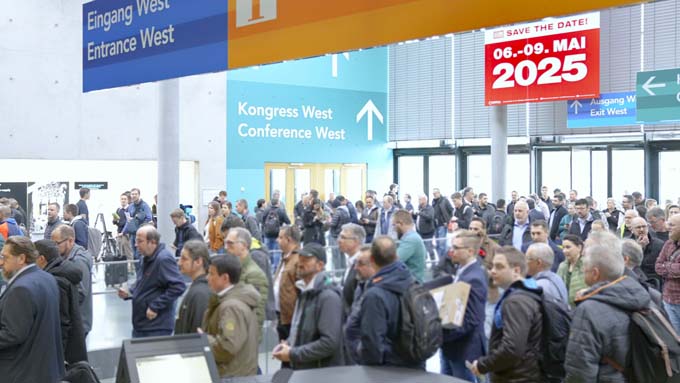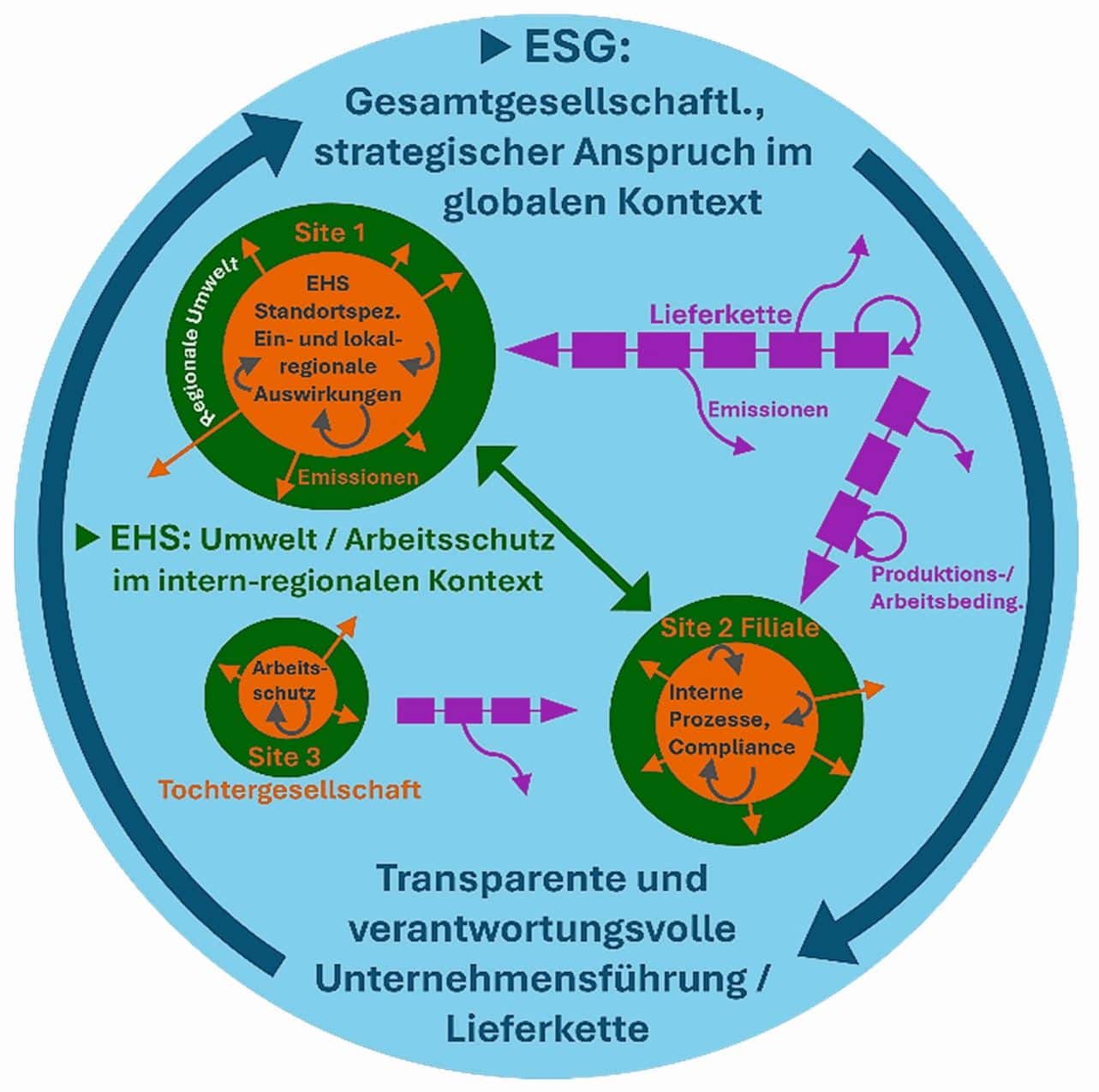Technology instead of bureaucracy
Current analyses forecast that Switzerland will avoid a recession. Nevertheless, the cost of living is rising in this country as well, and the financial pressure on employees and companies is growing. Automated solutions in expense management can make an important contribution to the solution by relieving companies and their employees.

Image: SAP
With annual inflation of just 2.8%, Switzerland closed 2022 significantly more positively than the euro zone or the USA. But even in this country, wages are lagging behind inflation, and the sharp rise in the cost of living is reducing overall purchasing power. Not only politicians, but also companies are called upon to relieve the burden on their employees, take away their worries and ensure their financial well-being. However, companies are already in a tense situation: budgets are being critically examined and cut at every turn, and executives are being urged to further reduce spending. At the same time, investments in certain areas, such as cybersecurity and supply chain resilience, must continue to be made to ensure safety and, by extension, the continuity of operations. The important thing at this stage is not to cut in the wrong places. One of those wrong places is expense management. Whether it's expenses or home office costs, employee spending is increasing in many places right now. In macroeconomically volatile times, companies can particularly benefit from automated processes and fully exploit the medium- and long-term potential. However, companies should also look at how they can adapt their regulations to support their employees. How can employee expenses be processed more efficiently so that employees are not left with costs, but companies can also manage their expenses in the best possible way?
Who else keeps up with all the changes? The automation!
Recent survey results from SAP Concur highlight the extent of the dilemma facing companies and their employees. Following the growing popularity of working from home in recent pandemic years, more than two-thirds of employees from Switzerland (68%) said they would like to work more from the office in the future to save on heating costs at home. At the same time, nearly half of respondents (48%) are encouraged by their employer to work from home to save on office heating costs - a dilemma. At a time when every penny often counts for individuals, companies should consider whether they can adjust their expense policies to provide relief to home office employees, such as through pro-rated reimbursements for electricity and heating costs. Automated tools for expense management can help with the recording and reimbursement of expenses: the company's own regulations can be stored in these tools, and the verification of submitted expenses is automated. This in turn frees up capacity in the accounting department.
The agile and efficient adaptability of regulations in automated solutions also fits perfectly with the unpredictability of our current global situation. Macroeconomic conditions sometimes change overnight. If a service, such as helping employees pay energy bills, is no longer necessary, the rule can be easily removed or modified in the tool. Especially when it comes to frequent rule changes, automated tools are much less prone to error than humans when it comes to compliance checks. If a rule loses its validity, payment of submitted receipts is simply rejected, while valid claims continue to be reimbursed quickly and easily.
Less paperwork, less frustration, more efficiency
Too often, employees from all sorts of departments and in all sorts of companies ask, "What did I actually do all day today?" That's because cumbersome bureaucratic tasks are often hard-to-see time and resource guzzlers. Expense reports in particular are notorious for being unnecessarily complicated. Yet there are automated solutions that replace paper clutter and complex Excel spreadsheets with an intuitive app. So far, 41% of the Swiss employees surveyed say they often don't reclaim smaller expenses on the road because the reclaim process is too time-consuming - even though several smaller amounts quickly add up to a tidy sum.
Already, nearly two-thirds of Swiss employees (62%) are concerned about the impact that delayed expense reimbursements and home office expenses have on their personal finances. When every expense claim is all but done with the act of photographing the receipt, an app that automates employee expense claims also relieves employees financially in the longer term. In contrast, the one-off compensation payments that 56% of the Swiss respondents received from their employers only have a selective effect.
Simply via app: expense report becomes a minor matter
More efficient and simpler processes in expense management are rightly popular with employees: processes that still meant time-consuming work with confusing tables and forms are massively streamlined and employees can use their time for value-adding tasks. Of course, the initial investment must first be justified to decision-makers. Especially in uncertain times, investments are no longer made as loosely as they might have been a few years ago. However, the speed with which the ROI of a digital, automated tool is positively reflected speaks for itself. Efficient, digitized processes that quickly pay off financially and also replace Excel spreadsheets and confusing paper floods are very popular anyway. The fact that a digital working environment increases employee satisfaction and thus helps to retain qualified specialists in the company is an additional plus.
Automation and data transparency have never been more important and helpful than they are today - even when it comes to expenses and home office expenses. Those who continue to put off digital transformation will lose resilience in the long term and lose skilled workers to companies that create scope for value-creating work and replace bureaucracy with technology.
Author
Dennis Torchetti is responsible for the business with SAP Concur-solutions in Switzerland and the CEE region. His goal: to help companies of all sizes achieve sustainable growth through standardized, transparent processes.
About the mentioned study
The SAP-Concur study was conducted with Coleman Parkes among 750 HR managers, 750 finance managers and 2500 business travelers from the UK, Spain, France, Italy, Belgium, the Netherlands, Germany, Austria, Switzerland, Denmark, Finland and Sweden to examine employee spending challenges in the context of rising costs of living. The study was conducted in July and August 2022.









